WHAT IS BRAIN FOG?
People who recover from Covid-19 disease might experience neurological symptoms such as “brain fog” due to post-traumatic stress disorder (PTSD), indicates a new report.
People who have recovered from Covid-19 disease sometimes experience lingering difficulties in concentration, as well as headaches, anxiety, fatigue or sleep disruptions. Patients might fear that the disease has permanently damaged their brains, but researchers say that is not necessarily the case.
A paper co-written by clinical professor and neuropsychologist Andrew Levine, MD, of the David Geffen School of Medicine at University of California, Los Angeles (UCLA), and graduate student Erin Kaseda, of Rosalind Franklin University of Medicine and Science, in Chicago, evaluates the historical data on survivors of previous coronaviruses, that caused severe acute respiratory syndrome (SARS) and the Middle East respiratory syndrome (MERS).
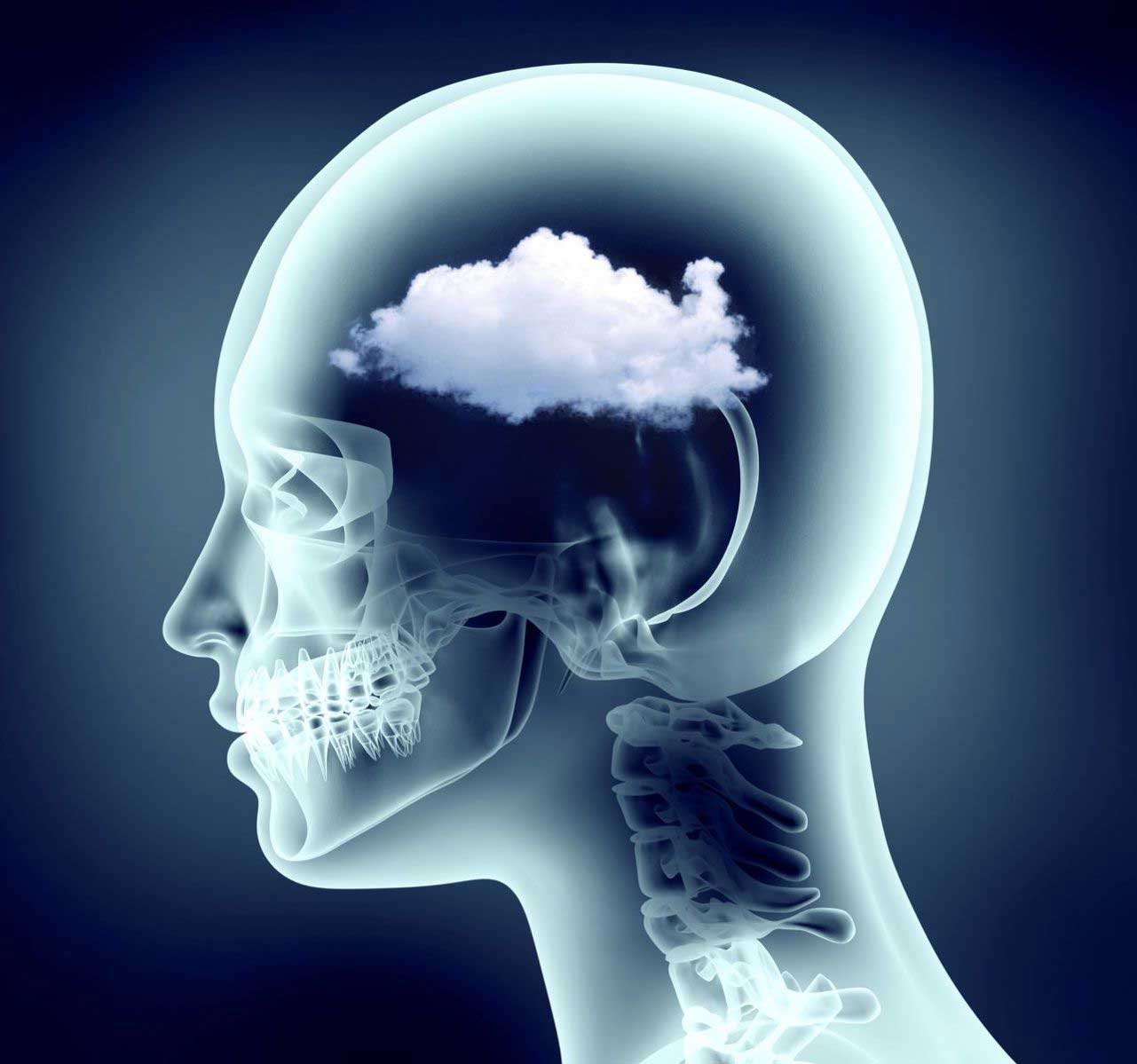
The article was published by The Clinical Neuropsychologist.
The idea is to raise awareness among neuropsychologists that post-traumatic stress disorder (PTSD) is something you should think about while looking at persistent cognitive disorders and emotional issues between COVID-19 survivors, said Dr. Levine.
When we see someone undergoing a neuropsychological examination, we expect them to be at their best, reasonably speaking, Dr Levine said. If we discover a psychiatric illness in the course of our assessment, and think that the symptoms of the disease interfere with their ability to perform at their best, we would like to see it dealt with first, and then re-evaluated once it is under control.
If the symptoms are due, even partially, to a psychiatric condition like post-traumatic stress disorder (PTSD), treatment will help manage those symptoms, and offer a clearer view of any underlying brain issues.
Once they have treatment, and hopefully have a remission of their psychiatric symptoms, whether cognitive complaints and deficits on neuropsychological tests are still there, so this is further evidence of something else happening, Kaseda said.It is going to be crucial for clinicians across the board to be keeping up with the literature that is coming out, to ensure they have the most up-to-date information that these survivors start presenting for the neuropsychological exam, Kaseda added.
Kaseda started pursuing this question based on her experience working with patients with mild traumatic brain injury, like concussion. When these symptoms continue for months or years after the original injury, it is much more likely to be due to the presence of a psychiatric disorder, she said.
A review of data from the severe acute respiratory syndrome (SARS) and Middle East respiratory syndrome (MERS) outbreaks showed that those survivors had heightened risk for post-traumatic stress disorder (PTSD). In the case of Covid-19, the symptoms of post-traumatic stress disorder (PTSD) might arise in response to the invasive measures required to treat the patients, including intubation and ventilation, which could be traumatic for fearful patients.
At other times, delirium causes hallucinations in COVID-19 patients, and the memory of those terrifying feelings continues to torment the recovered patient.
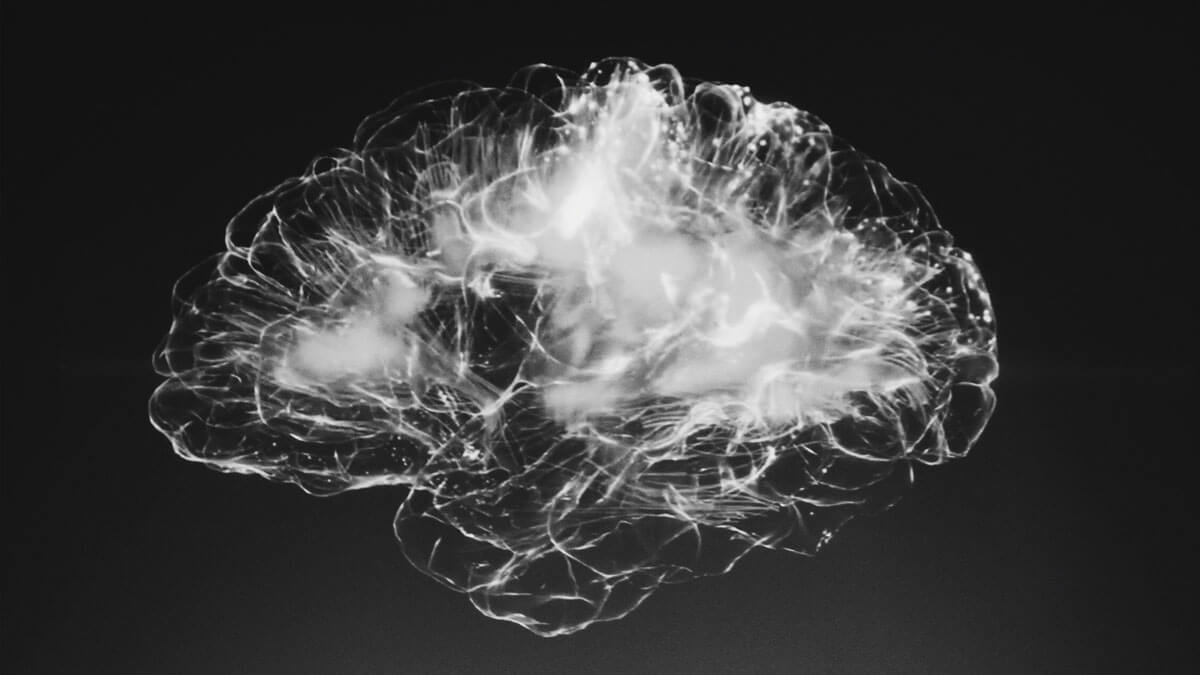
In addition to patients who have been hospitalized, frontline health-care providers could be similarly affected because of the constant stress and fear they face at work. And for some people, the anguish of experiencing a pandemic, being isolated from their friends, and struggling with the constant fear of an invisible threat could strike a similar blow to thinking and memory skills.
While a post-traumatic stress disorder (PTSD) diagnosis might not sound like good news, there are many available treatments for the disorder, including psychotherapy and medications. In comparison, researchers remain focused on understanding the direct neurological effects of COVID-19. According to Kaseda, the alternatives for dealing with COVID-19 are still a long way off because the situation is still changing.
We do not actually know anything yet from survivors of Covid-19, Kaseda said. Until we have this data, it’s very difficult to tell what percentage of patients will actually have cognitive complaints because of the direct effects of the virus, due to medical intervention, or because of psychiatric concerns.
POST COVID FATIGUE, BRAIN FOG ARE TRUE, BUT NOT CONSTANT
Many recovered COVID-19 patients report “brain fog”. We speak to an infectious disease specialist on why that happens and how it could be stopped.
Many patients who have recovered from COVID-19 disease report continuous fatigue and forgetfulness, a condition being described as the COVID-19 brain fog. While some mild problems of COVID-19 after recovery, like a continuous low-grade fever, could be more perceived than real, the brain fog does affect patients, lasts longer than expected, but is momentary, says Tanu Singhal, consultant, paediatrics and infectious diseases specialist.
Post-COVID infections are among the most common problems, and they are being triggered by unnecessary or long-term use of steroids among COVID-19 patients, Singhal says, adding that it is crucial to not over-medicate.
Some of the more serious problems, like thrombosis and myocardial infarction, are more rare, Singhal says, adding that it is crucial to be alert about anything that is amiss for one-two months after recovery from COVID-19.
Broadly, there are two kinds of cases: COVID-19 patients who come to hospitals, and others who might not even get tested, or are getting treated at home because the symptoms are mild to moderate. Yet many of these patients later develop post-COVID symptoms, including what is referred to as COVID-19 brain fog. Are you seeing this? What have you been coming across?
We look at both kinds of patients. We are looking for mild patients as well, because some of them are our own healthcare workers. And a lot of people are looking for online consultations for mild COVID-19. So we do have some experience with them as well.
The most common problem I run into is fatigue, which even after recovery, they feel so weak and cannot go back to their normal work. We see that healthcare workers would come and go to work as well, and then they feel very tired and want to go back and rest.
Next, we see that the loss of taste and smell takes some time to return and that it causes distress to patients. We are also seeing this phenomenon of very low-grade fever continuing for a month, and this is because these people have become so accustomed to measuring their temperature that they continue to measure it and in the evening, even though they have a little more than 99 Fahrenheit, they worry. So, some of the problems might actually be more perceived than real.
We have these instances of brain fog. Recently, we had a person admitted with us, who had mild COVID-19 and did not require any major treatment and then, a month later, began becoming forgetful so much so that he used to forget everything. He was becoming very sleepy and withdrawn, and he had to be hospitalized because of that.
One thing is very clear: COVID-19 does not behave like another pathogen. It breaks down every border and every obstacle. Name any kind of post-COVID problem, we have seen it. We have seen people arrive with pancreatitis, stroke, myocardial infarction, thrombosis and many other problems affecting almost every organ in the body.
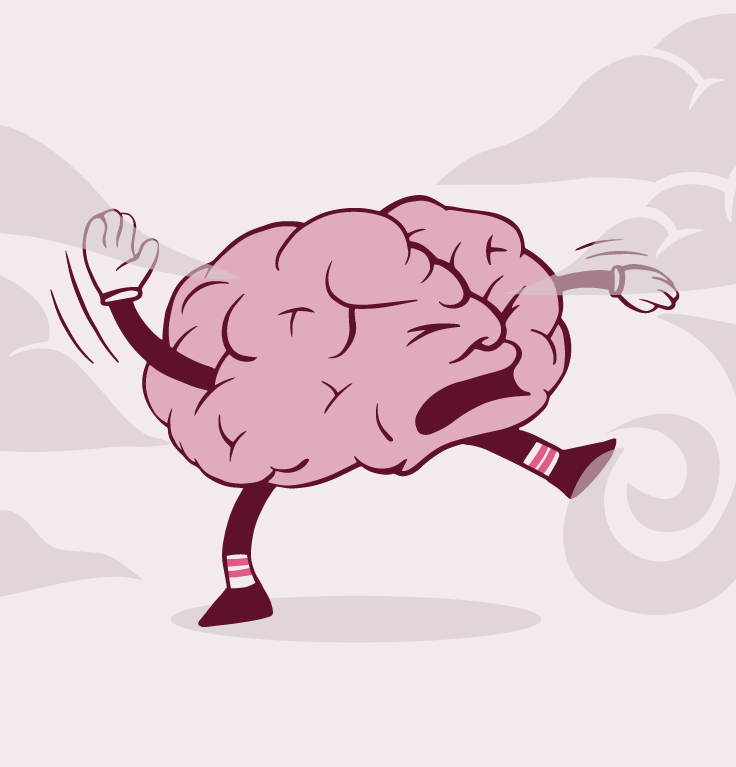
ARE MILD POST-COVID SYMPTOMS ALSO ASSOCIATED WITH MILD SYMPTOMS IN THE EARLY STAGES OF ILLNESS?
No, they are not associated. People who had moderate to severe symptoms also had those symptoms later, they may not have serious complications, but they still have fatigue, etc. For a person who has been in hospital, in the intensive care unit (ICU), if they have fatigue and other complications after recovery, it is understandable. But for patients who have had very mild symptoms in the starting, it is unexpected.
We also see a lot of mental health problems going on, even with mild symptoms, because they’ve had a lot of anxiety about their condition and their social isolation.
DO YOU KNOW WHY THERE IS TIREDNESS AND FORGETFULNESS? WHAT COULD BE THE TRIGGER?
I think it is due to this COVID-19 virus entering the body through an ACE-2 receptor. And these receptors are extensively distributed all over the body. Therefore the virus may have access to each system.
It is known that it gets access to the nervous system as well, and this is the reason for the loss of sense of taste and smell. Presumably that is the reason for the brain fog. One of the reasons might be the actual harm caused by the virus to these organ systems, and the second could also be a by-product of a person’s stress through the entire COVID-19 episode.
IS THERE ANY RECOVERY AFTERWARDS? OR IS THIS A LONGER-TERM STATE?
No, they are making a recovery. None of these people, who were complaining about tiredness about a month or so ago, now have any. I never saw a patient who got it permanently. It is just that it does not disappear any time people expect it to disappear. But they get through it eventually. So the long-term outcomes for all these minor symptoms are really good.
WHEN YOU SPEAK OF THROMBOSIS OR CARDIAC PROBLEMS IN THE POST-COVID PHASE, ARE THESE ASSOCIATED WITH PRIOR CONDITIONS? OR IS THIS SOMETHING PEOPLE HAVE DEVELOPED OVER AND OVER AGAIN?
Most of them develop it again. We have a cohort of about 600 or 700 patients who have been treated at the hospital for serious COVID-19. They are the ones who do not come back with these thrombotic issues, because we are not even giving them anticoagulation at the time of discharge.
The people who come back with these issues are generally those who never anticipated it. They come in with a stroke, and there are no risk factors. When you assess them, you find they had COVID-19 three-four weeks ago. Most patients who come to us with these types of COVID-associated thrombosis had mild disease earlier.
But it’s a very small number, so people shouldn’t panic. That is a very common concern. Everyone reads about thrombosis in COVID-19, and when they’re at home, they do their D-dimer tests to verify clotting factors that could lead to thrombosis and if the D-dimer level is elevated, they ask if they can get anticoagulation. This is not suggested because if 1,000 people have mild COVID-19, one may have a thrombosis problem.
Serious problems are rare. There is nothing much one could do to stop these from happening, at least the serious problems like thrombosis, because anybody who has had mild COVID-19 would not be on anticoagulation etc. to stop this from happening. I feel like it is bad luck. There are very few people who are eligible for anticoagulation when they get out of hospital.
OVERALL, WHERE DO YOU THINK WE STAND TODAY IN TERMS OF OUR SUCCESS IN FIGHTING COVID-19?
In terms of the population, we’re seeing a decrease in the number of cases across the country, which is a good thing. At one point, we had 100,000 cases per day and we now have between 30,000 and 40,000. So the decline has occurred. And that seems to be a real decline because the tests didn’t come down. The fact is that it has increased. In Mumbai, we have seen a serious decline. The cases have gone up again a bit, but they have not reached the peak levels yet.
We are also seeing better results in patients with COVID-19 than four or five months ago that’s based on the experience of my own hospital, where the first three or four months of April, May, and June were really bad And we observed mortality rates of 40% to 50% in our patients with severe illness. But after that, mortalities went down.
There are many factors for better results. People are arriving early. It does raise awareness. We are using remdesivir, which as per us has made a difference in the result of patients. Doctors know how to treat it better. The use of tocilizumab, which was actually causing complications, has come down.
THE CITY OF MUMBAI, FOR EXAMPLE, HAS SEEN A FAIRLY SHARP DECLINE IN CASES COMPARED TO THE PEAK. DO YOU THINK WE HAVE MUCH GREATER COLLECTIVE IMMUNITY NOW AND SEROPREVALENCE?
Yes, it is, because studies also indicate that. For instance, in the slums, the seroprevalence may be around 50%. In housing societies, there was a study done some time ago, which indicated about 15-20% prevalence. Even in healthcare workers, the antibody tests have indicated prevalence. So I think the decline in these cases may be due to collective immunity because the city opened up a lot more than before. And in fact, compliance with prevention has decreased massively, fatigue has set in, people no longer want to stay at home, they want to go out.
This is not finished yet. The virus is extremely unpredictable. We should therefore continue to follow social distancing, hand hygiene and the wearing of masks. Otherwise, we do not know if we will also deal with the same situation as Europe is currently experiencing.
YOU MENTIONED THAT REMDESIVIR IS WORKING AND ITOLIZUMAB IS NOT WORKING. HOW HAS THE PROCESSING PROTOCOL DEVELOPED OVER TIME?
Our protocol for the last four months has become quite standard, which includes steroids, low molecular weight heparin to stop thrombosis, and oxygen is the fourth cardinal thing. And that should be pretty much the same for the next two or three months. There is nothing else in the offing Convalescent’s plasma that is no longer protocol-compliant, and similarly, tocilizumab is no longer protocol-compliant. One of the reasons why tocilizumab has gone off is because of the serious infections we began to see when we were using tocilizumab. So, after the trial said that tocilizumab does not help, we are not using it anymore.
Now, you may ask why we continue to use remdesivir when the trials indicated it does not work. There are two reasons: One is, on personal experience, we felt that it works and our results have become better. Secondly, there’s nothing wrong with using the drug, except for the cost, because we’ve used it in many patients and there are no side effects. It is a completely safe drug. That also makes doctors provide the drug to their patients, because they feel that when there is nothing else, let us at least provide something that is known to work. This is why there have been no changes to the protocols.
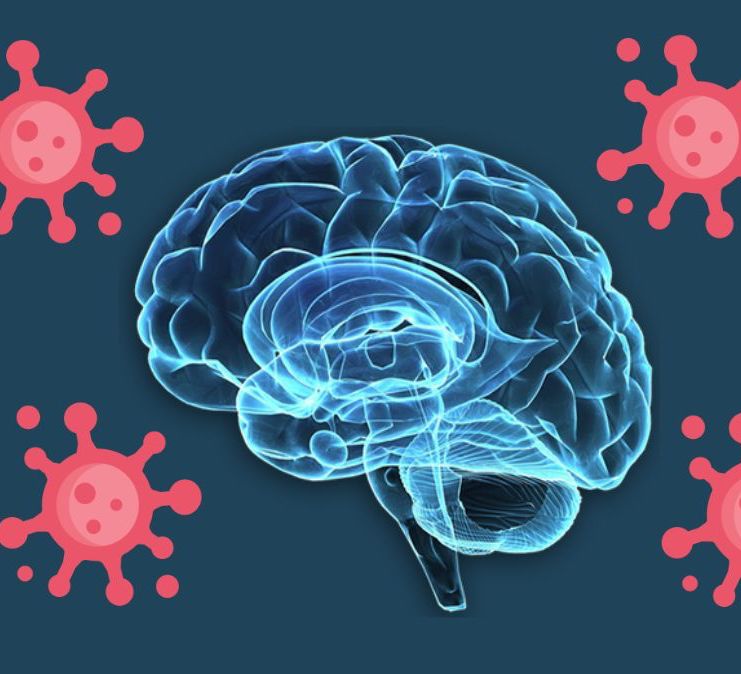
WHY DOES COVID-19 CAUSE BRAIN FOG?
As we have learned from almost a year of dealing with COVID-19 disease, the symptoms and side effects differ from person to person. Because COVID-19 is a respiratory virus, some symptoms, such as chest pains and coughing, are to be expected. But others, such as brain fog, are more puzzling. Many people who recovered from COVID-19 reported not feeling like themselves: they suffered short-term memory loss, confusion, inability to concentrate, they do not feel the same way before they get infected.
WHO IS MOST LIKELY TO EXPERIENCE BRAIN FOG FROM COVID-19 DISEASE?
We are not sure. We expect some neurological issues in those who are seriously sick, who have had a major stroke or a traumatic injury, or who have undergone anesthesia for long periods of time, but people who have mild cases of COVID-19 disease who do not need hospital visits are also experiencing neurological side effects from the virus, which is unanticipated.
HOW MANY PEOPLE GETTING COVID-19 ARE GOING TO EXPERIENCE BRAIN FOG?
At this point, it looks like a third of patients will have some type of neurological disease related with COVID-19 disease. But this includes a spectrum of problems, memory issues, brain fog, seizures, strokes, and neuropathy or numbness in the extremities, generally hands and feet. We do not have solid evidence yet that this is the exact percentage of COVID-19 patients who will experience brain fog.
Most of the information we have now deals with patients who have been to the primary care physician. We do not have a lot of information about people who experience COVID-19 brain fog who have not seen a primary care physician. And to better understand this, all types of cases need to be studied, we still need to conduct large-scale community studies.
WHY DOES COVID-19 CAUSE NEUROLOGICAL SYMPTOMS?
Preliminary data indicates that COVID-19 disease is neuro-invasive, meaning the virus itself could invade the brain and nearby nerves. Something as simple as loss of smell, which is a symptom of COVID-19 disease, indicates a neuro invasion because the nerves which are responsible for smell are in direct connection with the brain.
And we have seen cases of encephalitis, or swelling of the brain, caused by COVID-19. The virus could induce a large-scale immune response and that immune response could cause a cytokine storm, which is an excessive mobilization of the immune system. It destroys cells and also damages other organs such as the brain, liver, kidneys and heart.
COULD THERE ALSO BE PSYCHOLOGICAL REASONS AS TO WHY COVID-19 DISEASE CAUSES NEUROLOGICAL PROBLEMS?
Yes. A COVID-19 infection has expectations of being a serious disease, so it is a major traumatic event, particularly if a patient requires to stay in the hospital and does not have loved ones nearby to comfort them. This is particularly so if the patient is intubated or has a near-death experience.
This experience could cause post-traumatic stress disorder (PTSD). The symptoms we see in these COVID-19 patients are identical to those we see in PTSD survivors; they have confusion, memory loss, anxiety or depression.
HOW LONG DO NEUROLOGICAL SYMPTOMS FROM COVID-19 DISEASE LAST?
Brain fog in COVID-19 is still being studied, but with other critical conditions which affect the brain, we know that a third of people will have complete recovery with no problems. Roughly another third will have lingering effects which improve after therapy and time, and then another third might have permanent effects, particularly in cases where the patient has been intubated, has suffered multiple organ failure or has been under anaesthesia for some time.
If someone is going to improve, they should improve within three to six months after recovering from the infection. If they do not recover within six to twelve months, it is likely that they will be dealing with this life long.
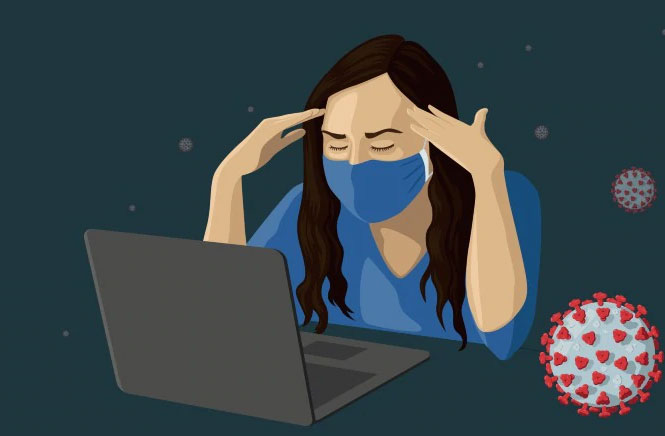
IS IT POSSIBLE TO PREDICT HOW SERIOUS SOMEONE’S CASE OF BRAIN FOG FROM COVID-19 WILL BE?
It depends upon someone’s brain reserve and the seriousness of disease. The healthy young have higher brain reserves. A healthy 20 or 30 year old brain has lots of healthy brain cells which could take over the slack and permit the brain to recover. But a 60 or 70 year old brain that has had a previous brain injury like a stroke or brain tumor has lower brain reserves and is more likely to feel long-term neurological effects.
Seriousness of disease is also important. If you have a mild case, you might have a bit of brain fog and recover, but if you have a serious disease, the chances are higher that you will have a more permanent result.
IF AN INDIVIDUAL HAS NEUROLOGICAL SYMPTOMS CAUSED BY COVID-19, WHAT SHOULD THEY DO?
Recognize and record your symptoms, write down how serious they are and how they are impacting your life. Bring this list to a primary care physician who could help diagnose your issue and help you recover with cognitive therapy.
It is also crucial to treat any underlying psychological disease. Untreated anxiety, depression or post-traumatic stress disorder (PTSD) could affect memory function, so if you put COVID-19 into mix, neurological issues could become inflated.
It is also always essential to control blood pressure, diabetes and any other underlying health issues you might have. Avoid smoking and alcohol, eat a healthy diet, and get enough rest. All of this will create a nurturing environment that will allow the brain to recover.
If you or anyone you know is suffering from brain fog, our expert providers at Specialty Care Clinics will take care of your health and help you recover.
Call 469-805-4561 to book an telehealth appointment for an at home check-up.
